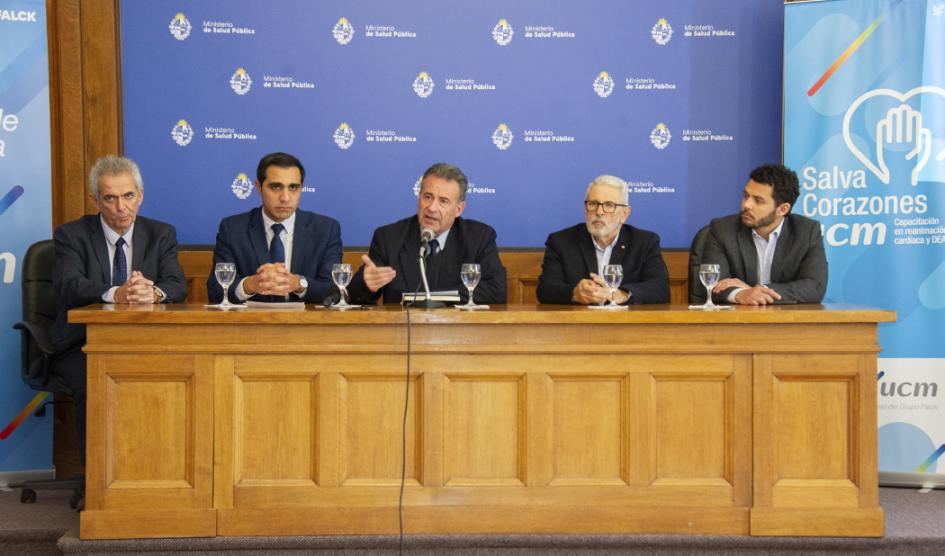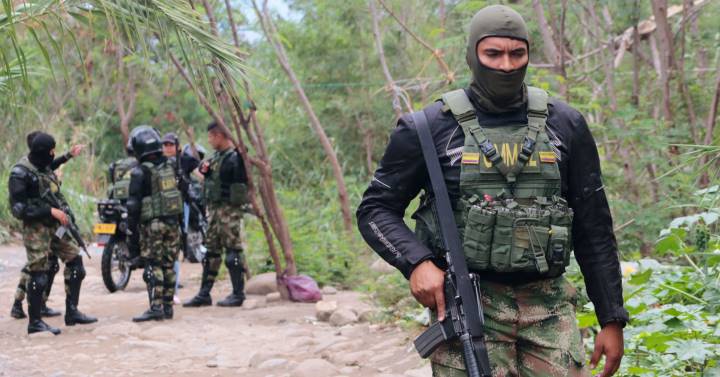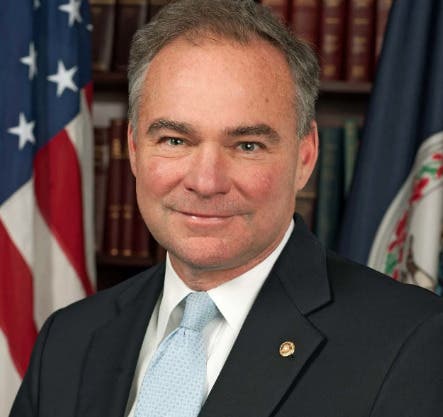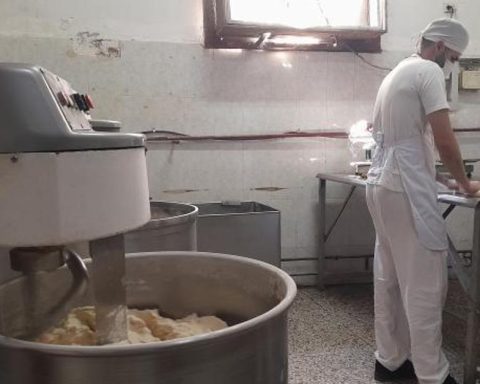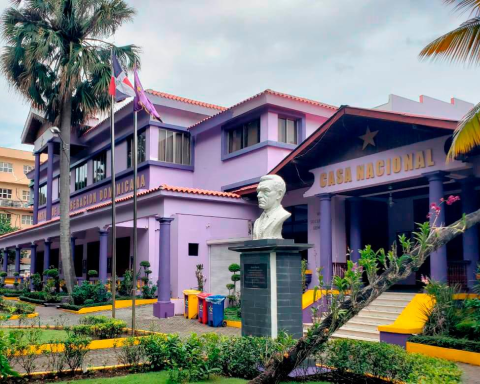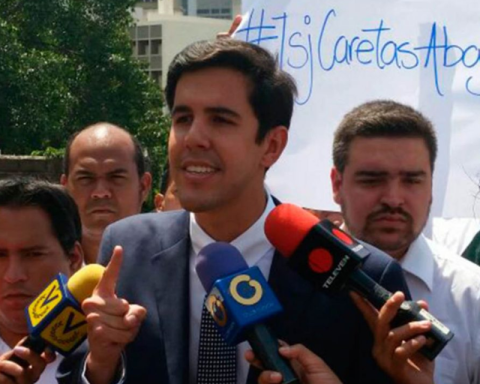With the aim of increasing the effectiveness of the successful resuscitation rate in the event of cardiorespiratory arrest to 35%, the Ministry of Public Health (MSP) announced support for mobile emergency projects that improve the speed of response outside hospital centers. The authorities try to obtain the adherence of the largest possible number of companies in the sector.
The announcements were made this Monday 8, at the headquarters of the MSP, with the presence of Minister Daniel Salinas; the undersecretary, José Luis Satdjian, and authorities from the Honorary Commission for Cardiovascular Health and the company Unidad Coronaria Móvil (UCM).
Cardiorespiratory arrests that occur outside hospitals present two critical factors: the lack of preparation in people and the lack of automated external defibrillators (AEDs), explained Salinas.
The effectiveness rate of successful resuscitation in Uruguay ranges between 15 and 20%, but with the promotion of initiatives such as the one presented by UCM to expand the number of defibrillators in mobile units, the authorities plan to increase the rate to 35%.
In this case, the company will incorporate about 40 devices and will reinforce the training of its personnel. Salinas stressed that the speed of response in situations of cardiorespiratory arrest is “key” and the first six minutes after the event are definitive.
Satdjian, meanwhile, recognized the work of mobile emergencies throughout the country, and valued the work of these teams during the COVID-19 pandemic. He considered that this type of project represents a commitment to health and invited the rest of the mobile emergencies to join the initiative.
